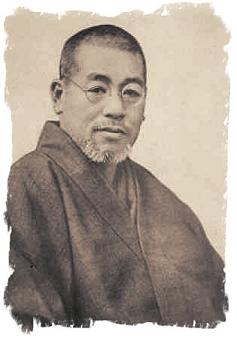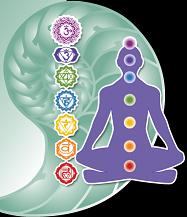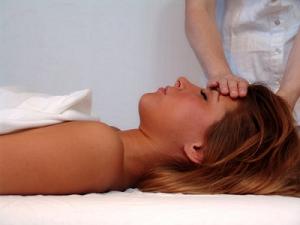What is Reiki?
Reiki (ray-key) is an ancient Tibetan form of therapeutic touch, rediscovered in the 1900’s by Dr. Mikao Usui.
This wonderful healing technique draws on two forms of vibrational energy: Rei – the highest and purest form (not visible to the naked eye) and Ki – the energy that sustains, supports and surrounds all forms of life. These combined energies (Reiki) are known as Universal Life Force Energy.
Reiki is channeled through a practitioner's hands. Those who choose to be a channel for Reiki are tuned to receive the energy rather like a radio is tuned in to a certain frequency.
It is a gentle yet powerful energy that may be used safely and enjoyably by all ages, including the newborn, pregnant mothers, surgical patients, the frail and the elderly.
Using light touch over the clothing, and non-contact where necessary, Reiki may help the body’s natural defence mechanism to work more effectively, speed the healing process, encourage relaxation and bring balance to the mind and emotions. The most common felling by the end of a treatment is an overall sense of calm and wellbeing.
Benefits of Reiki
Good health and vitality depend upon energy flowing freely throughout the body. Stress, tension, and inner conflict can cause our energy to become congested. This blocked energy may eventually manifest on a physical level such as headaches, digestive disorder, disease, or on a mental level such as depression, anxiety, and mental fatigue.
Reiki works towards dissolving these ‘blocks’, allowing the life force energy to stimulate the body’s innate healing ability. Being an holistic therapy, it goes beyond the symptoms to treat the root cause of the ‘dis-ease’, restoring balance and harmony on a physical, emotional, mental and spiritual level.
A one-hour treatment is the body’s equivalent to 3 to 4 hours of deep rest and promotes a sense of peace and well being.
Some of the conditions that Reiki may be used to treat include stress, tension, insomnia, sinusitis, skin problems, migraine, headaches, menstrual, menopausal and fertility issues and depression. Research (see Reiki Research | Burnout syndrome | Dr Ann Baldwin PhD (reikimedic-care.org)) has shown Reiki to be particularly beneficial in reducing chronic pain, stress and depression, and in promoting relaxation and the wellbeing of clients and practitioners.

Reiki and Cancer
Click here for information and guidance from Cancer Research UK
Aftercare Advice
In order to gain the maximum benefits from your treatment please follow the aftercare advice below:
- Drink plenty of water and reduce alcohol and caffeine intake over the next two to three days to assist the cleansing process initiated during the treatment
- Eat light meals and try to include lots of fresh fruit and vegetables
- Resting if your body tells you to will assist the body’s innate healing to work at optimum level.
Note: Reiki therapists do not claim to heal, cure, diagnose, prescribe medication or offer a prognosis. As with all complementary therapies, Reiki should not be used as either a substitute for orthodox prescribed medication or instead of seeking professional advice in respect of any ailment.
Reiki Workshops
Please CLICK HERE or click on the link to Training Courses for information on my Reiki Workshops.
Rebecca Nichol, Reflexologist, Reiki Master/Teacher and Holistic Therapist
Bodicote, Banbury, Oxfordshire



